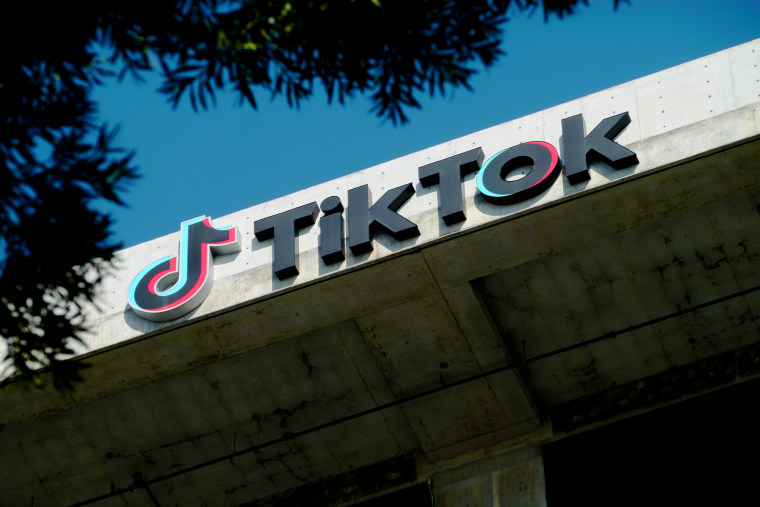
On Friday, three judges from the federal Appeals Court unanimously upheld a statute that would outlaw TikTok in the United States.
The measure, which was signed into law by President Joe Biden after being enacted by Congress in April, mandates that TikTok sell to an American owner by January 19, 2025, or risk being effectively banned.
The judges stated in their majority ruling that “We recognize that this decision has significant implications for TikTok and its users.” The court stated that if the platform doesn’t divest, it “will effectively be unavailable in the United States, at least for a time.”
“Consequently, TikTok s millions of users will need to find alternative media of communication,” the report stated.
The ruling on Friday paves the way for TikTok to appeal to the Supreme Court. The corporation will seek an injunction while it appeals to the Supreme Court, according to a person close to the business.
A request for comment from TikTok was not immediately answered.
According to the ruling, President-elect Donald Trump may extend the divestiture order for an additional ninety days “based upon progress” after he assumes office on January 20. Trump stated during his campaign that if won, he would “save TikTok” from the ban; however, his declared Cabinet members have differing views on the matter.
TikTok told the justices that China has no influence over the company’s algorithms and that the order to sell the platform was unlawful because it violated its First Amendment rights. The makers of TikTok have also claimed that the app has been unfairly singled out, pointing out that user information from other American internet firms has been gathered and sold to anybody, even those in China.
According to the majority ruling, the First Amendment safeguards free speech in the US. In this case, the government took action only to defend that freedom from an enemy country abroad and to restrict that adversary’s capacity to collect information about Americans.
Americans now use TikTok as a strong tool to promote small businesses, earn money, and make their concerns heard. Approximately 50% of Americans use it, including dozens of politicians.
TikTok was introduced in the United States in 2018, and during the pandemic in 2020, its popularity surged. The app provides users with a stream of short-form videos that instantly adjust to their interests using a recommendation system. The most well-known aspect of TikTok is its youthful generation of social media celebrities, some of whom rose to fame through funny content or viral dances.
TikTok has grown over time to become a significant news and information source on a wide range of topics, including politics, food, and retail. TikTok is used by people of all ages and demographics, but Gen Z in particular favors it over Google as a search engine.
Political issues also surfaced in 2020 about ByteDance, the Chinese parent firm of TikTok. China, which has its own version of the app called Douyin, is where TikTok was developed. In 2019, Sen. Marco Rubio, a Republican from Florida and Trump’s pick for secretary of state, started advocating for an examination of TikTok’s national security concerns.
Additionally, in 2020, then-President Trump tried to ban TikTok with an executive order that was overturned by the courts after users claimed to have manipulated turnout at one of his rallies. Although Trump has admitted that he thinks TikTok poses a threat to national security, he said that a ban would strengthen Mark Zuckerberg’s Meta, which he referred to as the “enemy of the people.”
The ban is currently in a state of political ambiguity due to Trump’s newfound endorsement of TikTok. Although there has been a bipartisan push to block TikTok on national security grounds, with prominent Democrats expressing the worries, the program is also a significant aspect of Project 2025. TikTok prohibition would be a top priority, according to Brendan Carr, the incoming chair of the Federal Communications Commission and author of a chapter on the FCC in the Heritage Foundation’s playbook.
The story is still evolving. For updates, please return.
Note: Every piece of content is rigorously reviewed by our team of experienced writers and editors to ensure its accuracy. Our writers use credible sources and adhere to strict fact-checking protocols to verify all claims and data before publication. If an error is identified, we promptly correct it and strive for transparency in all updates, feel free to reach out to us via email. We appreciate your trust and support!
